
Your vacuum is essential when it comes to keeping your home clean and dust-free, but how do you know when it's time for an upgrade?
Like all appliances, their efficiency diminishes over time, and you may start to notice signs such as a loss of suction, overheating, and even ominous odors, all of which indicate that your machine is coming to the end of its life.
Here, our cleaning, appliance and experts share what to watch out for, so you'll know for sure it's time to invest in a new best vacuum.
When to replace a vacuum
Whether you use one of the best handheld vacuums, upright vacuums, or one specifically for pet hair, there is nothing more frustrating than a vacuum that doesn't lift all debris and dander, or that's even counterproductive to your cleaning. Therefore, it's important to keep an eye out for the signs that suggest you would be better off investing in a new model.
1. Age and frequency of use
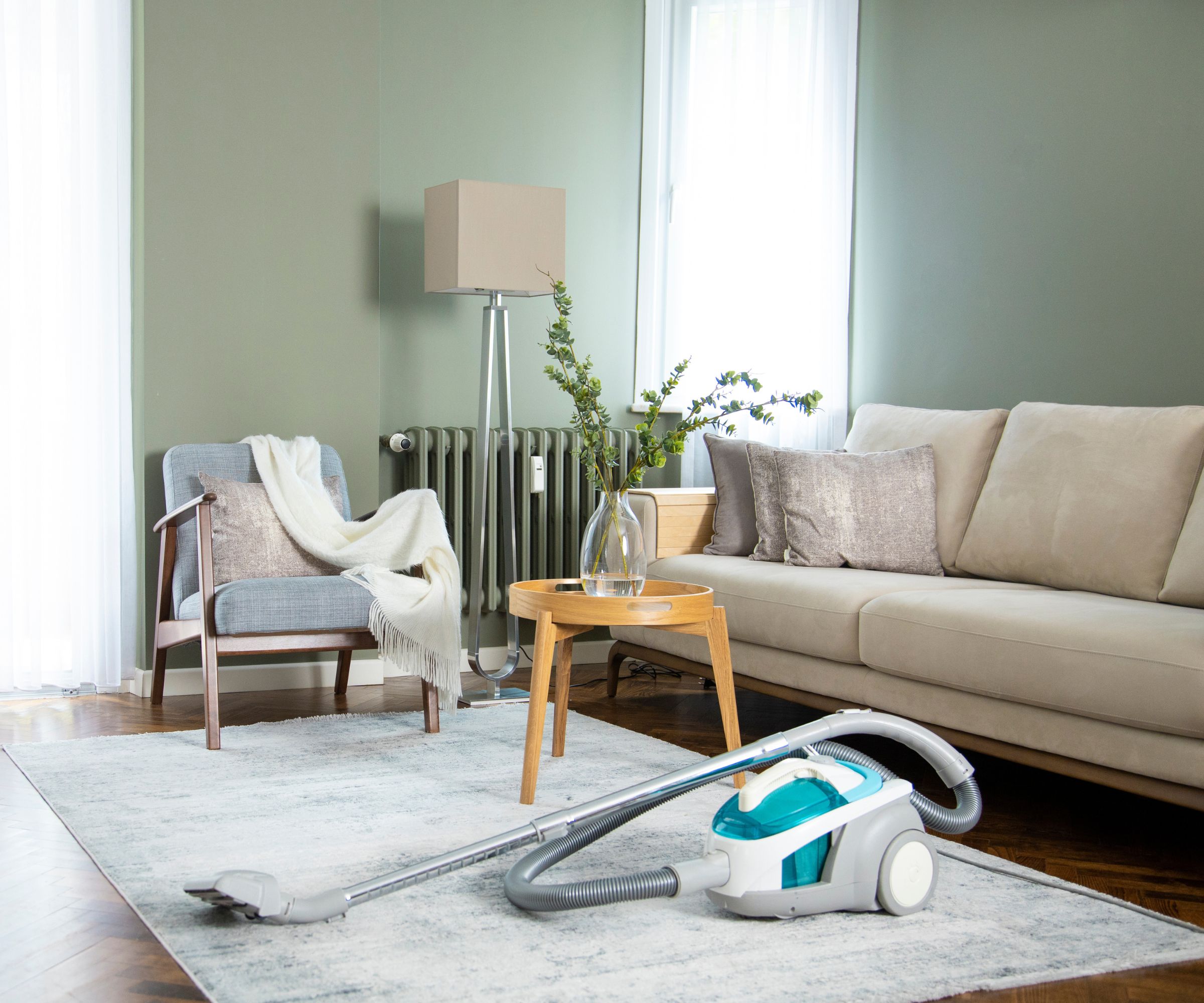
David Miloshev, appliance technician at Fantastic Services explains that the average lifespan of a medium-range vacuum is usually between six to eight years, depending on the brand and how often you vacuum.
He says, 'After four years of using the same appliance, you may be able to repair it and replace some parts, but if you experience some major faults, such as a broken switch or a burnt-out motor, it’ll be easier to switch to a new vacuum cleaner.'
However, as Brian Johnson, appliance expert at MyJobQuote points out, if you properly care and maintain your vacuum cleaner, such as taking time to clean your vacuum, it could last longer.
But, 'If your vacuum is close to or exceeding this age, it may be time to consider replacing it – especially if you are experiencing any performance issues,' he advises.
All prices correct at time of publication.
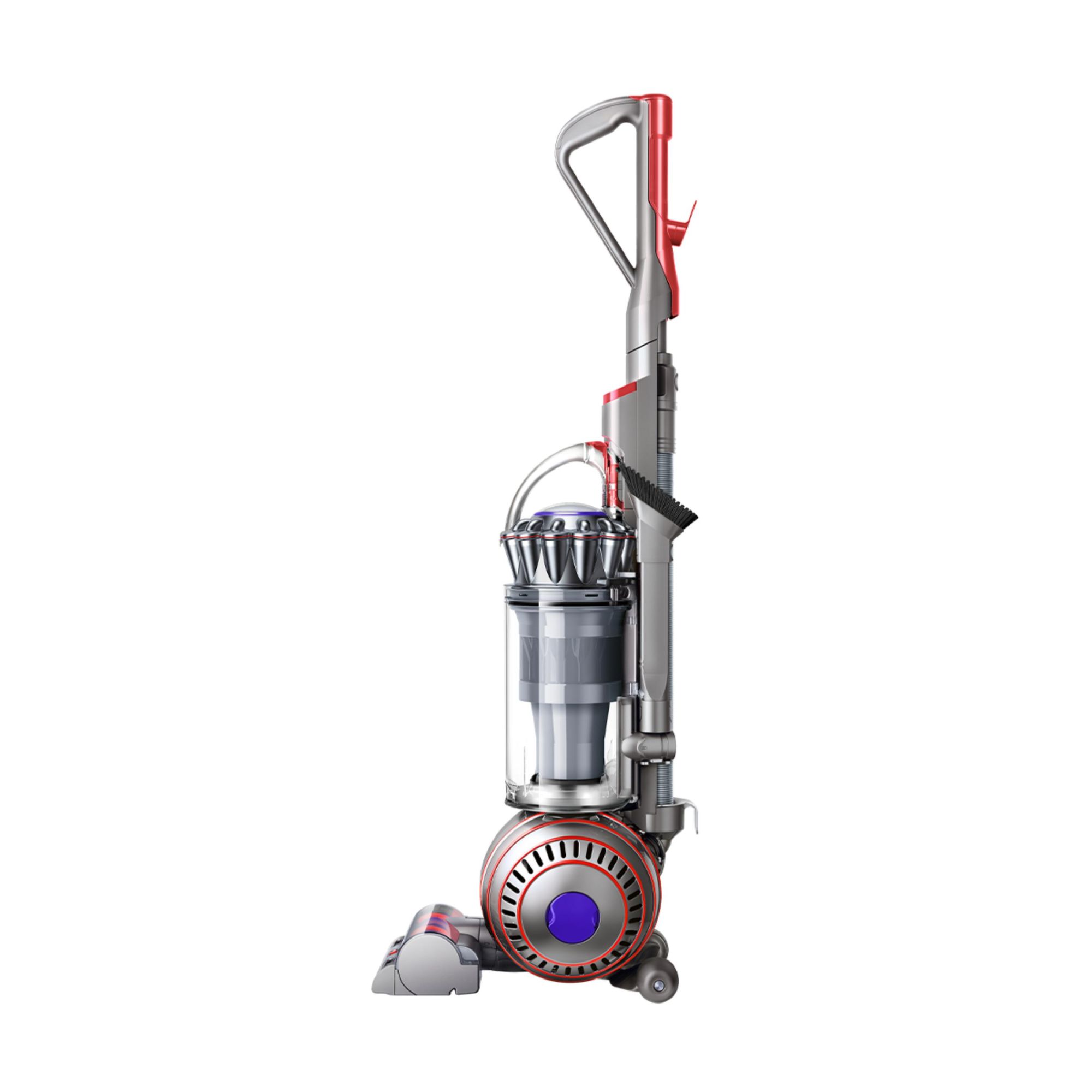
Our in-house expert testers here at H&G love this vacuum for its 'exceptional' performance on carpets. With a 50 foot reach, it makes corded cleaning without tangling easy.
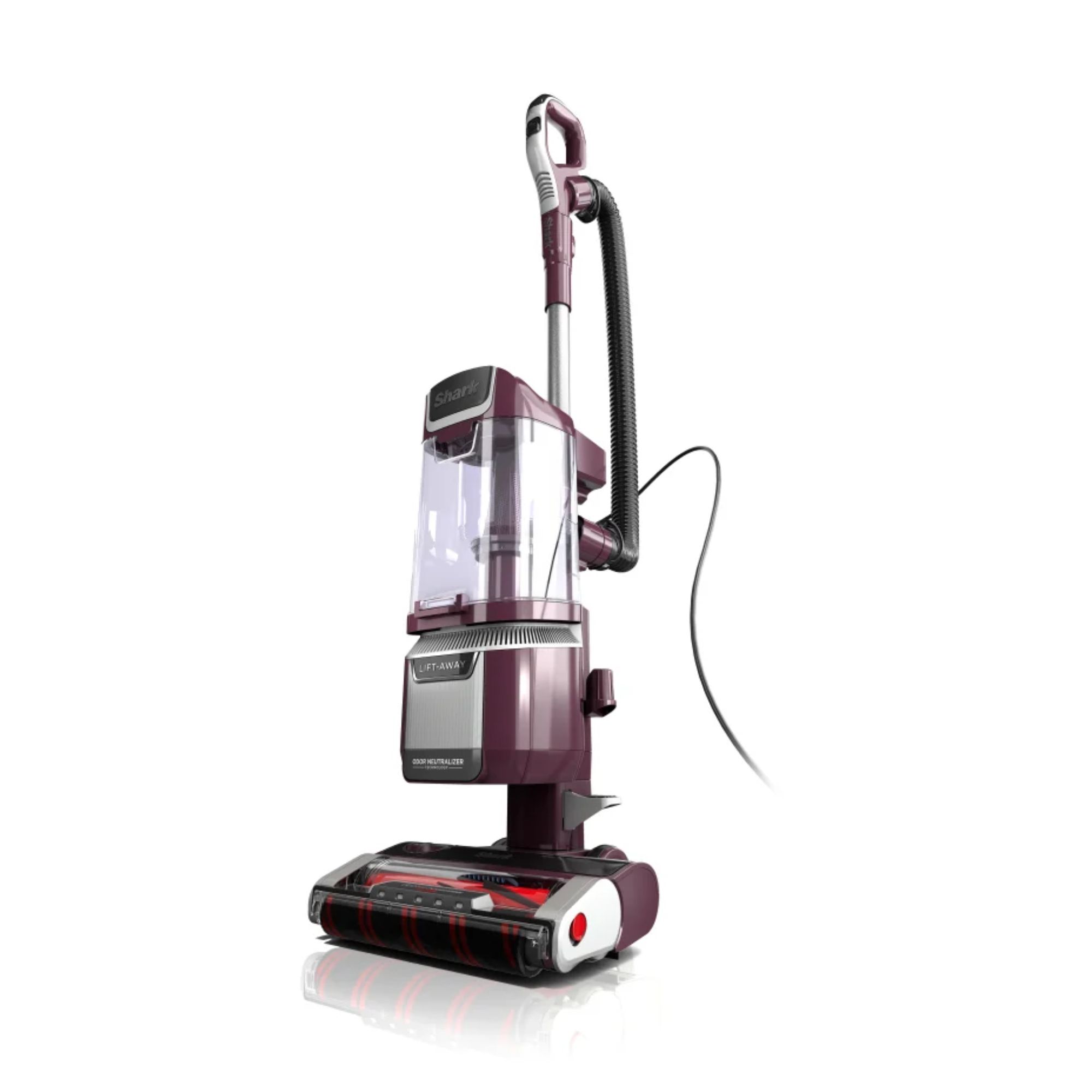
This vacuum features a lift-away pod for easily cleaning up high and down low, with suction suitable for both carpets and effortlessly cleaning bare floors.
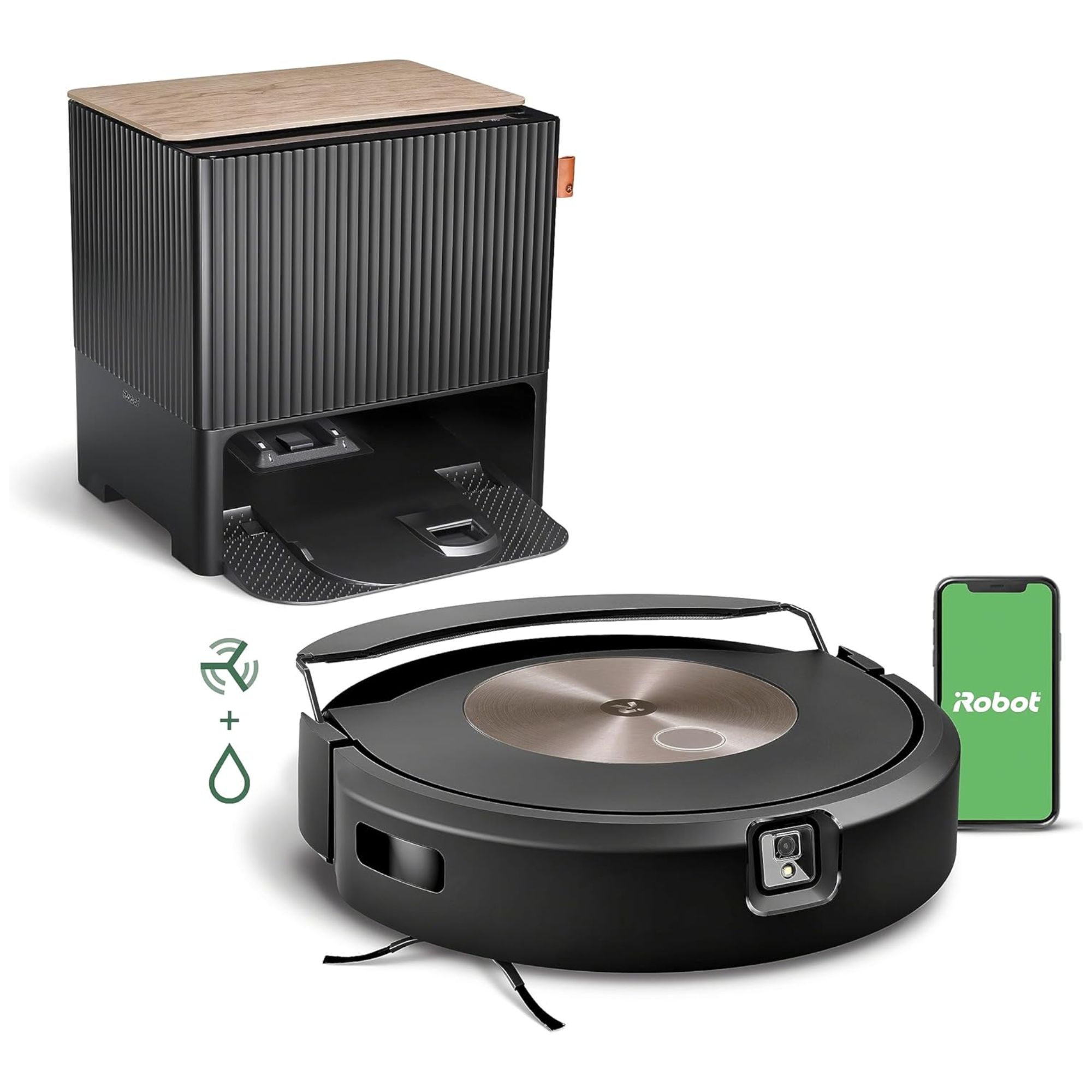
This is a two-in-one home hero, capable of vacuuming and mopping, with a handy self-emptying feature and four stage cleaning technology for an effective deep-clean.
2. Overheating
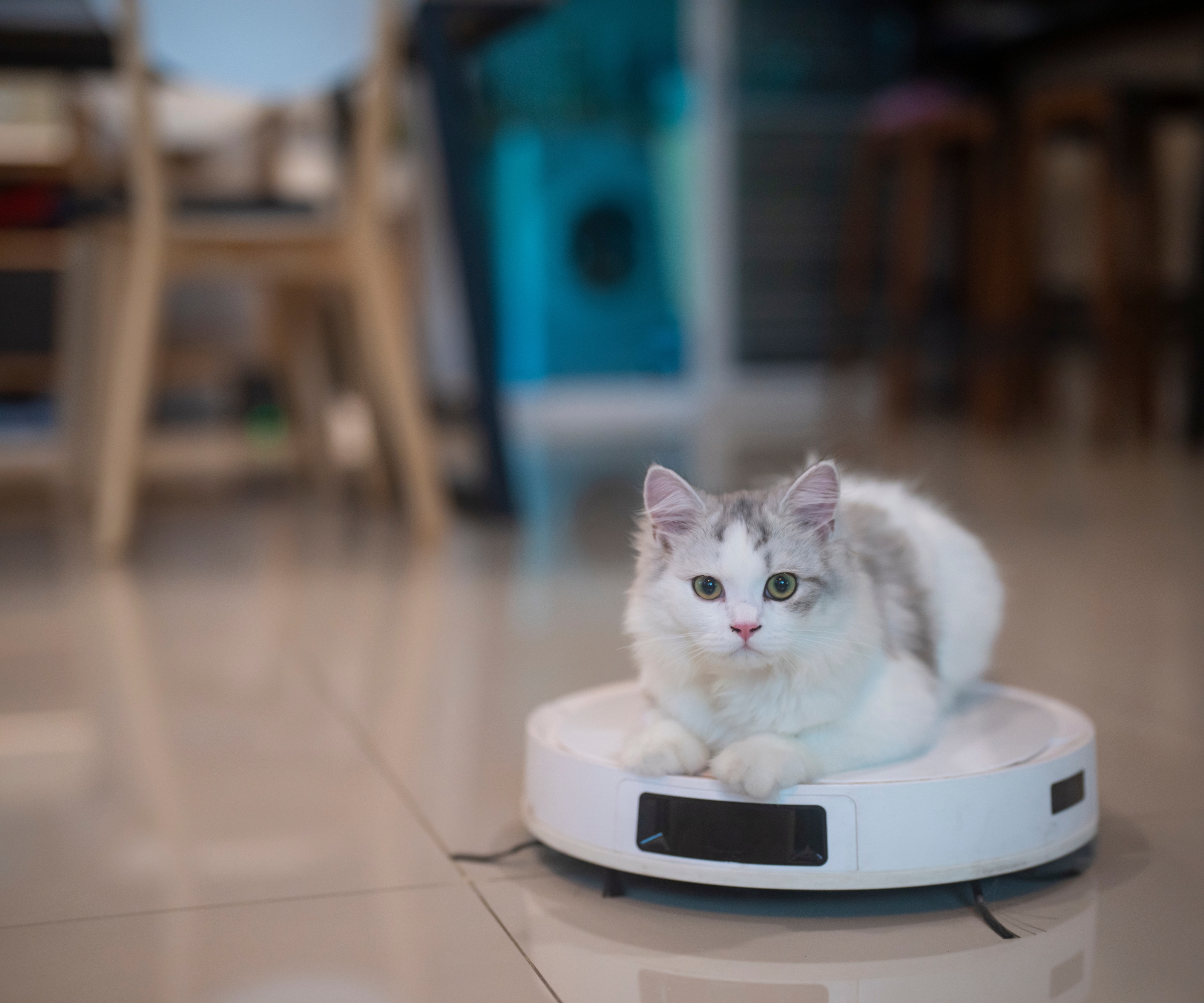
Another common issue that may be affecting your vacuum cleaner is overheating, says appliance expert Johnson, particularly if yours is old.
He says, 'Frequent overheating can damage the motor and internal components. This can then lead to reduced performance and potential breakdowns.
'Overheating can be caused by various factors such as a faulty motor, blocked airflow, or excessive usage,' and is therefore a sign its time to replace your old appliance.
If your fluffy pets like riding around on your Roomba, try closing them out of the room it's operating in to curb their desire to hitch a ride.
3. Loss of suction
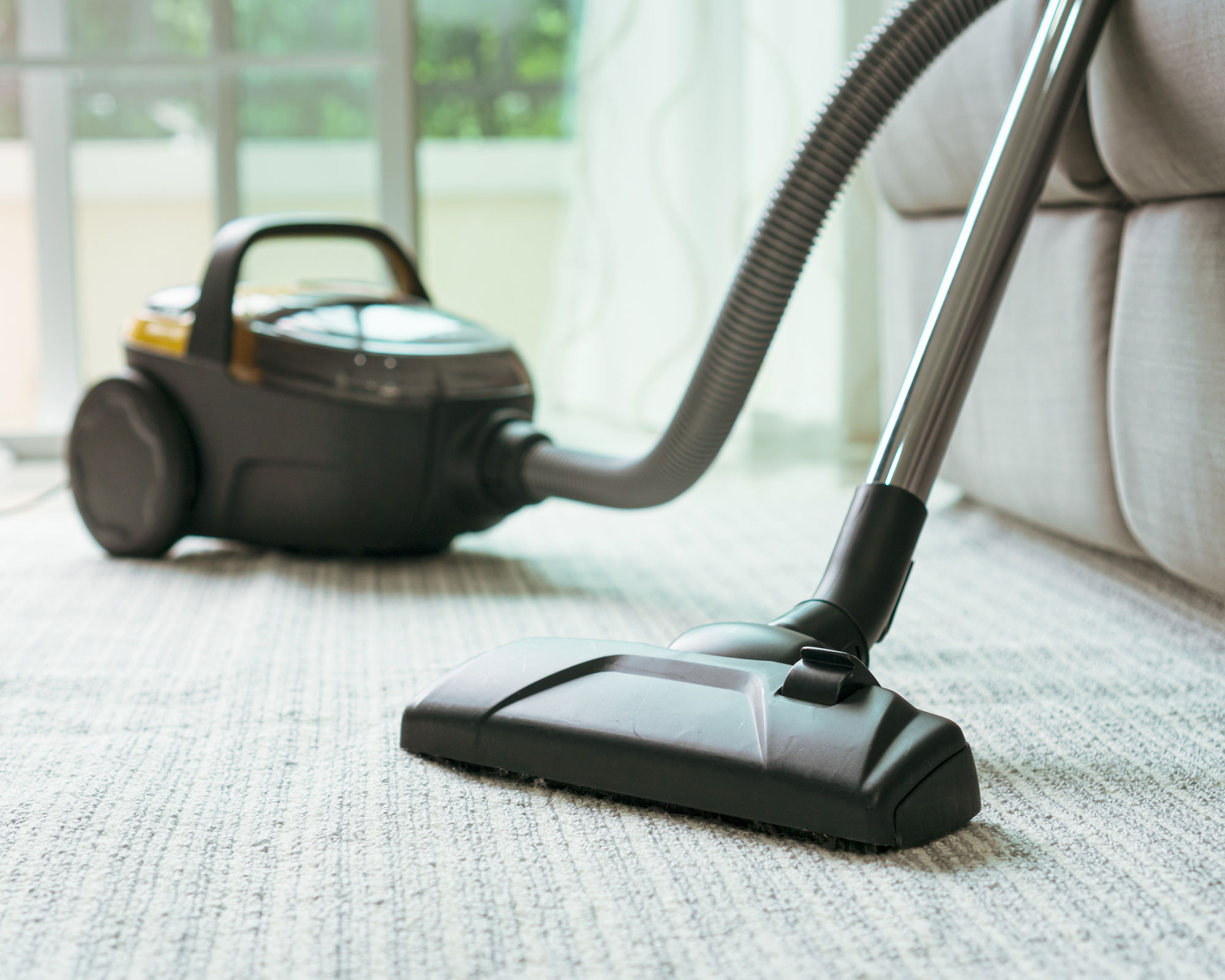
As the main purpose of your vacuum is to suck up dust, debris and dander, if you're wondering why your vacuum cleaner has lost suction power, it's time for a replacement, says appliance expert Johnson.
He explains, 'This can be caused by a few different factors, such as clogged filters, worn-out belts, or a blocked hose.
'Over time, filters can become clogged with dirt, dust, and debris. This can reduce the airflow and diminish suction power. Regular cleaning or replacement filters are essential to maintain optimal performance.'
If you're unsure how to clean a vacuum filter, our expert-led guide details how to clean a cartridge, foam, HEPA and robot vacuum filter, for refreshing all machines. Remember, though, that sometimes filters must be replaced, as they are not possible to clean.
Johnson continues, 'The drive belt in a vacuum cleaner is responsible for transferring power from the motor to the cleaning head. As this belt ages, it can stretch, fray or break, resulting in decreased suction.
'A clogged hose can restrict airflow and significantly reduce suction power. Make sure to regularly inspect the hose for any blockages such as hair, dirt, or small trapped objects.'
If you do find any, you can clear a blockage in a canister vacuum with a quarter, a technique engineers at Miele told one of our editors.
4. Strange odors
If you're wondering how to stop your vacuum cleaner from smelling, the solution may be to replace it.
As appliance expert Johnson explains, your vacuum cleaner might be smelling due to underlying issues, such as a buildup of dirt, debris, or even mold inside the vacuum cleaner.
'If this is left unchecked, the odors can become worse and may eventually lead to respiratory issues, he warns, so replace yours immediately if you notice any. You can also use scent tablets, to make your home smell fresh while vacuuming, but not as a way to mask odors.
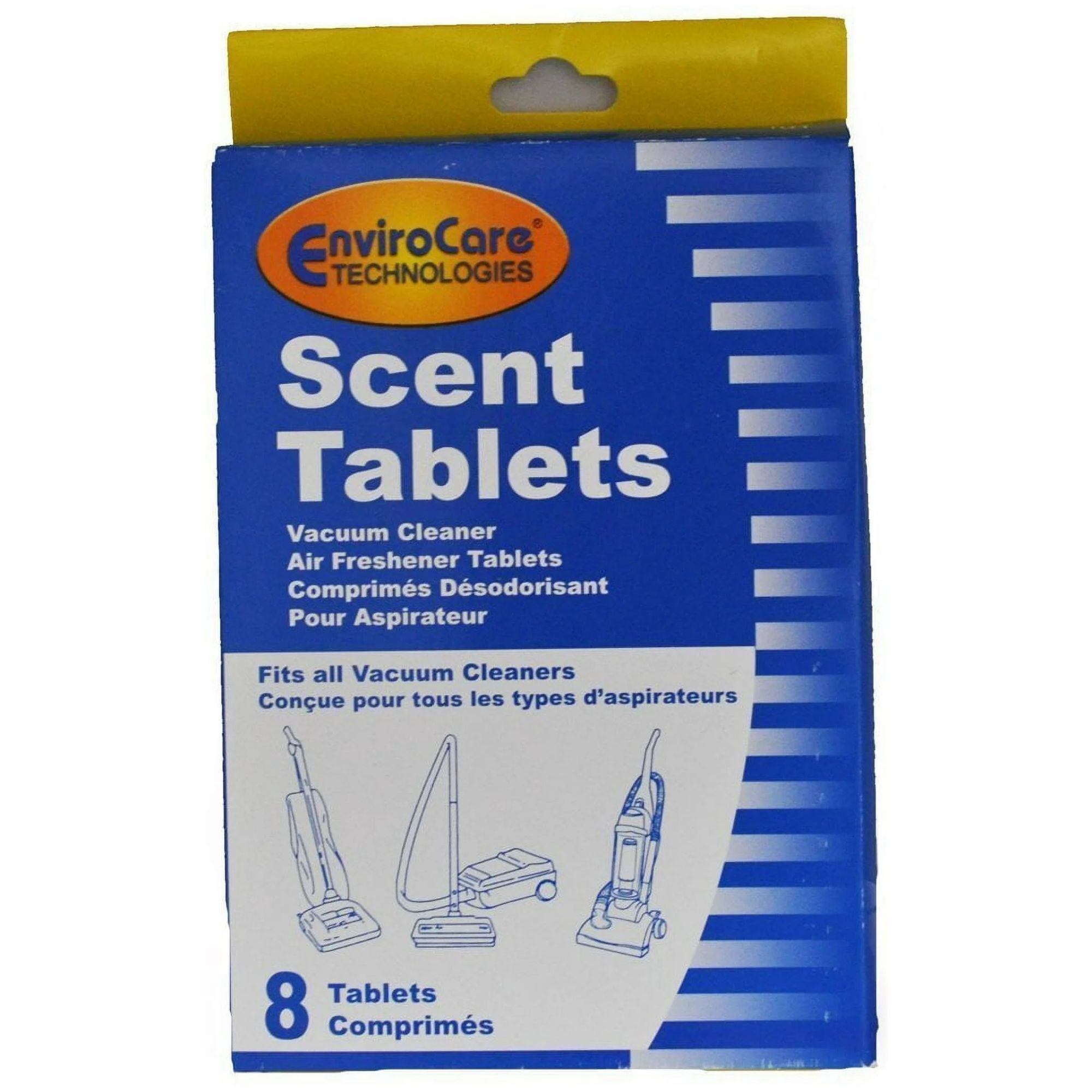
Dan Fauzi, our home tech editor at H&G recommends these vacuum scent tablets, which can simply be crumbled and vacuumed up to release a fresh scent.
5. Excessive noise
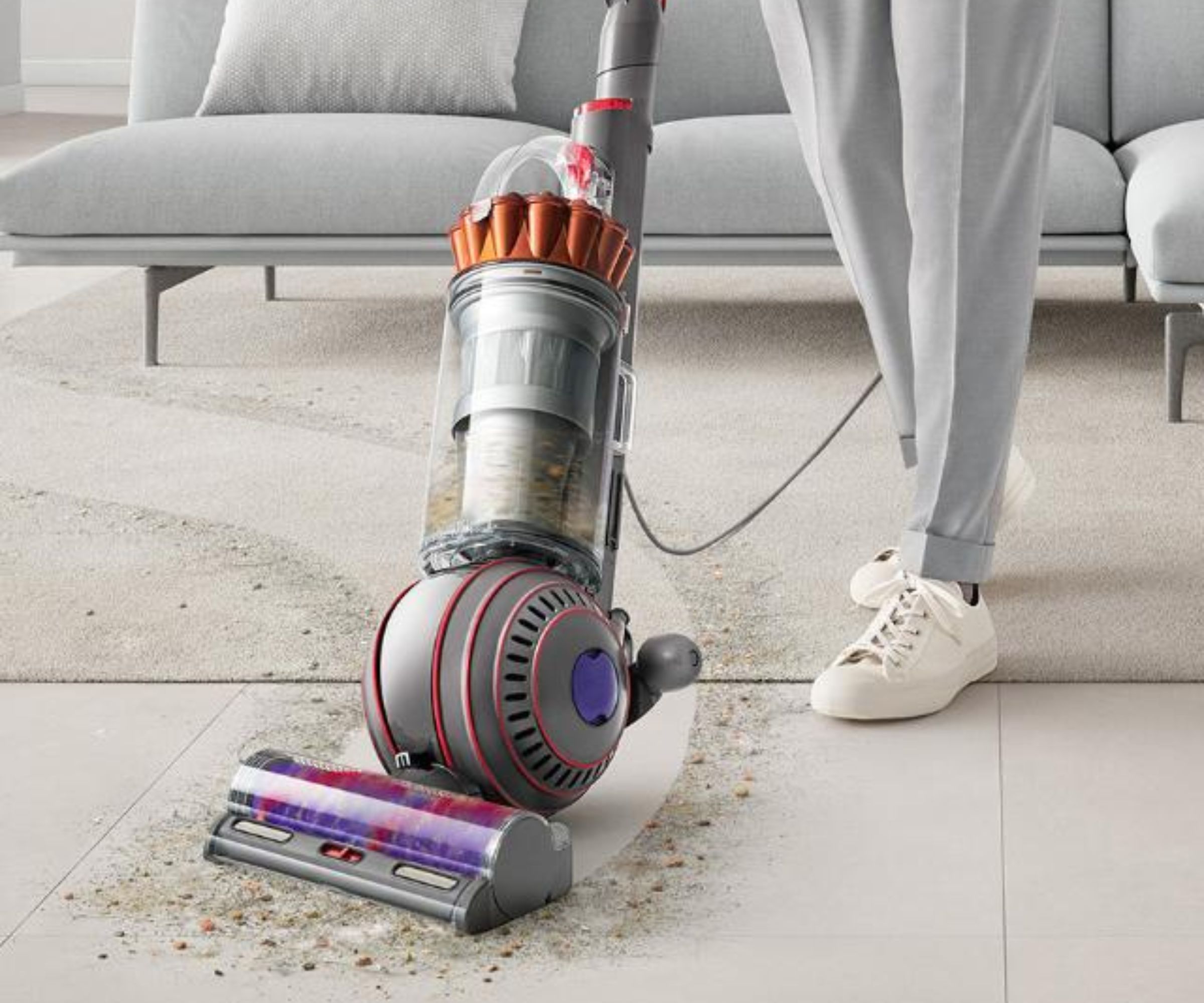
As explained in our vacuum jargon buster, a well-functioning vacuum cleaner should operate relatively quietly – somewhere between 70 and 90 decibels. Cordless vacuums tend to be quieter, whereas upright models are louder.
Appliance expert Johnson advises, 'If you notice any unusual sounds coming from your vacuum cleaner, such as grinding, high pitched noises, or screeches, this could indicate some underlying issues.
'These noises can be caused by a range of factors, such as a worn-out motor, damaged bearings, or loose components.'
6. Difficulty replacing parts
If your vacuum cleaner has become outdated, meaning you can't fix smaller issues by finding new parts to replace broken ones, or you need an upgrade to improve your cleaning efficiency, you should replace your vacuum.
David Miloshev says, 'Older vacuum models will be more challenging to find replacement parts for. If your vacuum is no longer supported by the manufacturer, obtaining spare parts can become difficult or even impossible.
'Advancements in vacuum cleaner technology nowadays happen regularly. Newer models may offer improved features, such as better filtration, enhanced suction power, or energy efficiency and, if your vacuum lacks these features, a replacement will be very beneficial.'
Additionally, more often than not, says Miloshev, if your vacuum is three or four years old, repairs and replacements may rack up costing as much, or even more, than a whole new machine.
Next, learn how often you should vacuum to keep your home free of dust, dirt and allergens.

.jpg?w=600)





